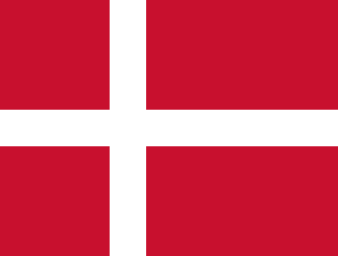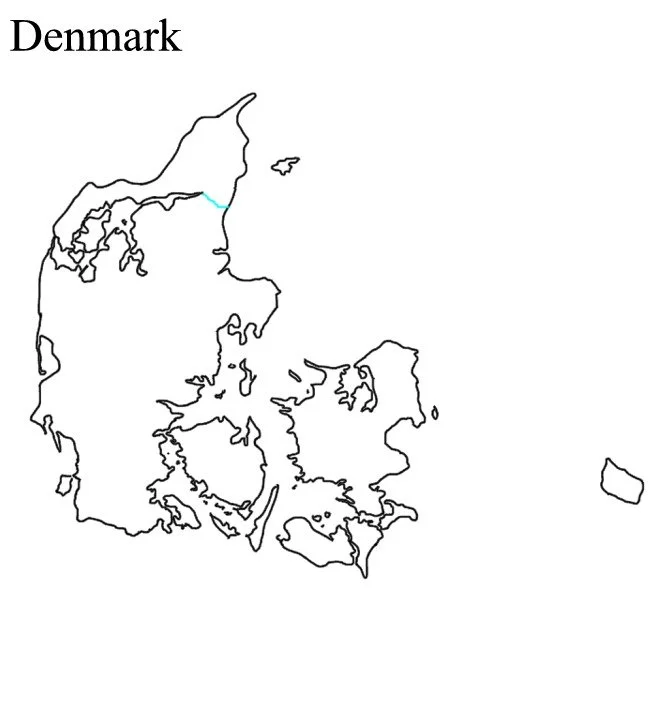Denmark, a country with a stable and prosperous economy, holds a significant position in the global economy through its strong international trade connections. Situated in Northern Europe, Denmark is home to approximately 5.8 million people and boasts a GDP of around $367 billion.
Denmark's economy thrives on diverse sectors such as pharmaceuticals, technology, renewable energy, agriculture, and shipping. The country is known for its innovation, sustainability practices, and high-quality products, which are key drivers of its international trade activities.
Denmark actively engages in international trade through its membership in various trade agreements and organizations. The country is a key member of the European Union (EU) single market, fostering seamless trade relations with other EU member states. Additionally, Denmark has strong bilateral trade agreements with key trading partners like Germany, Sweden, and the United Kingdom to facilitate trade and economic cooperation.
Denmark's primary exports encompass a wide array of goods, including pharmaceuticals, machinery, food products, energy technologies, and furniture. The country's reputation for cutting-edge technology, sustainable practices, and high-quality design has positioned it as a leading exporter in various industries. Major export markets for Denmark include Germany, Sweden, the United States, and Norway.
On the import side, Denmark brings in a variety of products such as machinery, equipment, raw materials, energy resources, and consumer goods. Its main import partners include Germany, Sweden, China, and Norway. Imports play a crucial role in supporting domestic industries, meeting consumer demands, and fuelling economic growth in the country.
Through strategic trade policies, innovation initiatives, and a commitment to sustainability, Denmark aims to strengthen its global trade presence. The country's dedication to quality, innovation, and sustainability makes it an attractive partner for international trade and investment opportunities.


